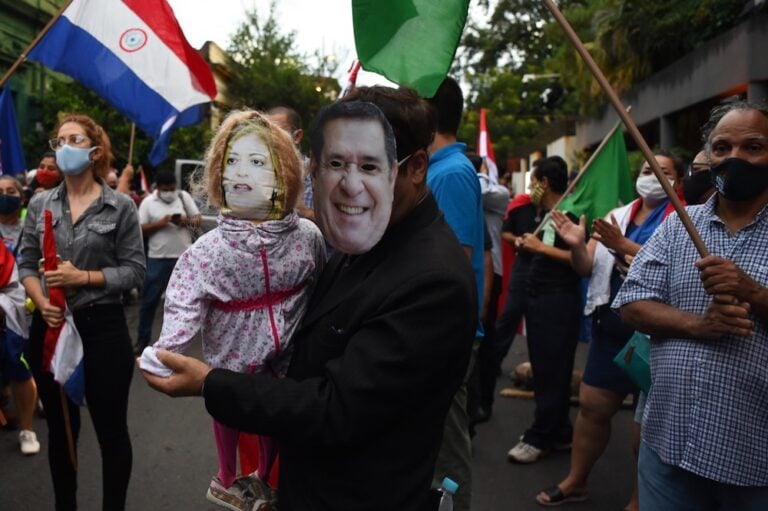(ARTICLE 19/IFEX) – The following is an ARTICLE 19 press release: Courts in Paraguay and the Dominican Republic guarantee access to information ARTICLE 19 celebrates two recent judicial decisions in Paraguay and the Dominican Republic which recognise access to public information as a fundamental human right. “The decisions of the courts in Paraguay and Dominican […]
(ARTICLE 19/IFEX) – The following is an ARTICLE 19 press release:
Courts in Paraguay and the Dominican Republic guarantee access to information
ARTICLE 19 celebrates two recent judicial decisions in Paraguay and the Dominican Republic which recognise access to public information as a fundamental human right.
“The decisions of the courts in Paraguay and Dominican Republic represent clear progress in the protection and fulfillment of the right to freedom of information, and ARTICLE 19 warmly welcomes these rulings. They should be used to inspire others in Latin America and the Caribbean to ensure that people throughout the continent have access to governmental-held information” said Dr Agnes Callamard, ARTICLE 19 Executive Director.
On 2 May 2008, the Third Division of the Civil and Commercial Court of Appeal of Asunción, Paraguay, ordered the municipality of Lambaré to provide a copy of the 2007 municipal budget to citizen Félix César Picco Portillo. Previously, the municipal government had denied the information request; Picco Portillo filed a lawsuit against the municipality. A lower court rejected the lawsuit, stating that the information request had first to go through all administrative channels. However, the Court of Appeal considered that the information denial had violated the Constitution, and therefore a judicial discussion was appropriate to the case.
The Centre for Access to Public Information at the Public Defender’s Office in Paraguay and lawyers from the Institute of Environmental Law and Economics (IDEA, in Spanish) represented Picco Portillo in the lawsuit. The centre’s lawyers called attention to the decision’s historical meaning: this is the first time a court of appeal in Paraguay judges a case on the right to access information. Although Paraguay has not yet approved an access to information law, its National Constitution protects the right to information.
The Court of Appeal stated that the right to access information “is justified by the more generic right, which is essential to deliberative and participative democracies, of forming opinions freely and participating in public matters in a responsible way”. The court declared that “any denial to provide information on the structure of the organisation – including its staff – or the application of budget resources, which do not fall within the exceptions allowed by the norms, consists in an unjustified denial, which violates the constitutional right to access information”. The decision also clarified that an information request can be made with no justification.
In another recent decision, the Dominican Republic Supreme Court ordered authorities to provide documents related to the construction of the Santo Domingo metro to journalist Luis Eduardo Lora.
In his television programme, Lora had interviewed an engineer who stated that transportation authorities had failed to conduct proper geological studies for the construction of the subway. Government officials stated that the studies had been made, but refused to release them citing national security reasons.
A judicial decision ordered transportation authorities to hand over the studies to the journalist, but the government filed an appeal. On 21 May 2008, the Supreme Court confirmed the previous decision.
With its decision the Dominican Republic Supreme Court recognised that the national Freedom of Information Law (Law 200-04) establishes some limitations to access to information due to public interest reasons, such as national interest. However, the Supreme Court stated that releasing the studies would not harm national interest, since the information is of public interest – given that citizens are interested to know if studies were conducted to assure the feasibility and security of the metro project.
ARTICLE 19 is an independent human rights organisation that works globally to protect and promote the right to freedom of expression. It takes its name from Article 19 of the Universal Declaration of Human Rights, which guarantees free speech.


